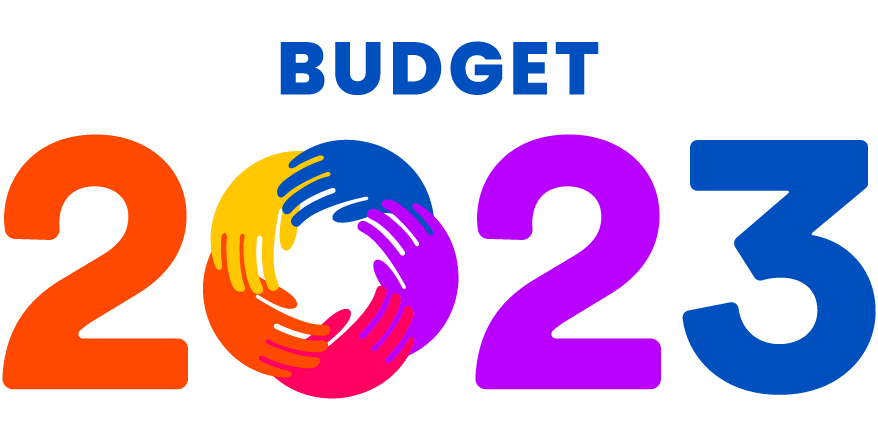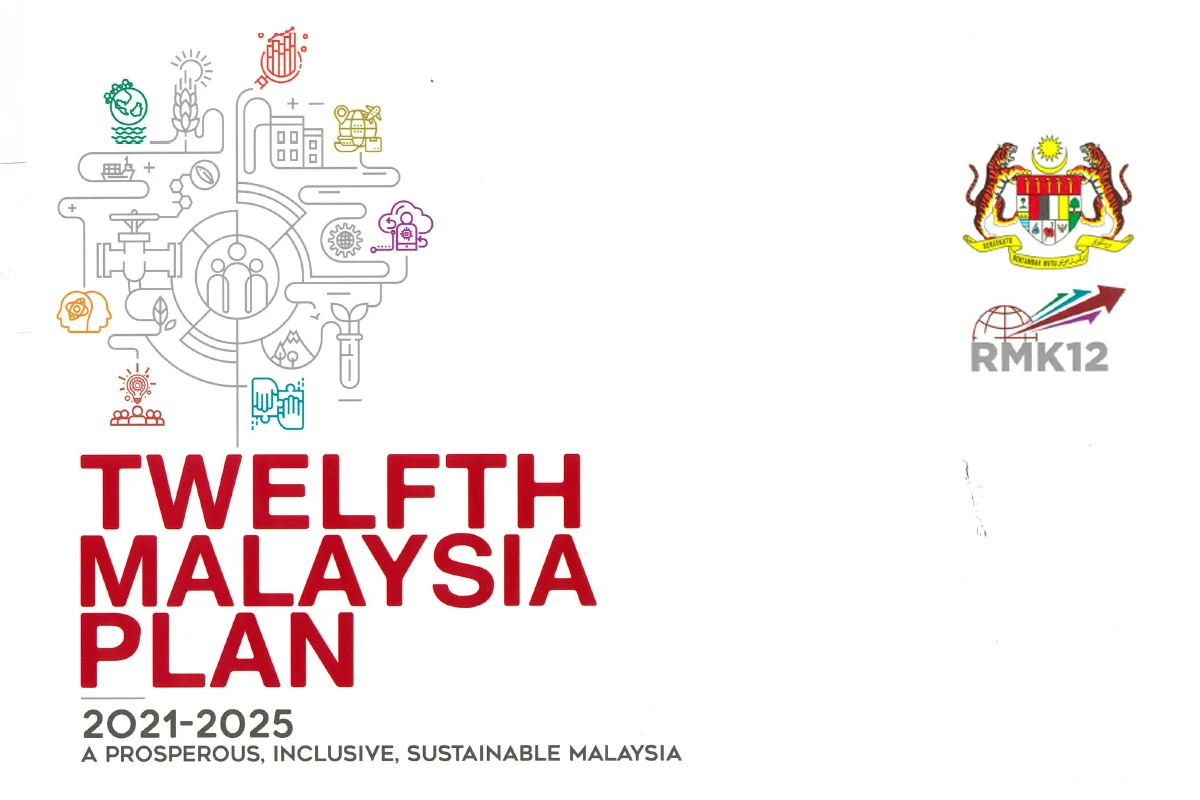RECENTLY, the rising cost of living suppresses household disposable income.
As two-thirds of household income comes from paid salary, the living cost spike would slow down consumption expenditure and impedes demand-side growth.
The Consumer Price Index (CPI) for food and non-alcoholic beverages has steeply increased by over 4% since March 2022 compared to the usual rate.
Although the unemployment rate decreased from 4.2% in January to 3.7% in July, the lowest since February 2020, the rates are still higher than the pre-crisis level (3.3% in 2019).
Thus, the increase in food and drink prices will definitely have an impact on household income especially for the B40 and lower M40 groups.

The Budget 2022 initiative tabled last September 2022 did not anticipate the accelerated cost of living due to the Ukraine-Russia conflict, disruptions of the global supply chain due to zero COVID-19 policy in China, global inflation as well as US Federal Reserve tightening monetary policy.
Cushioning the impact of these uncertainties resulted in an increase in the total amount of subsidies from RM31 billion to RM77.3 billion.
The government had tabled the Budget 2023 with one of the aims to further improve the labour market conditions.
Some of the questions raised are whether this Budget 2023 budget is an election budget and does this budget address the economic needs of the country and the people.

“Labour Market Outlook 2023 – Dovetailing post-pandemic recovering momentum with enhanced resilience and reforms”, published recently by the Centre for Future Labour Market Studies (EU-ERA) aimed at assessing the importance of Budget 2023 to the labour market and the findings were documented in “Labour Market Outlook 2023 – Dovetailing post-pandemic recovering momentum with enhanced resilience and reforms”.
In our view, the policies and initiatives embodied in the Budget 2023 should be continued (and improved when necessary). There are two important aspects of the Budget 2023 that significant for the Malaysian labour market.
First, Budget 2023 allocates at least RM99.7 billion that covers end-to-end labour market ecosystem, encompassing labour supply, job market and labour demand (see Figure 1).
The Budget is expected to enhance the labour supply through empowering focus groups such as B40, M40, women and youth, with RM18.6 billion.
In addition, the labour demand component is focused on creating jobs for the Rakyat through direct and indirect measures that are worth at least around RM80.9 billion.
Finally, the job market strengthening measures via incentivising job search and matching to boosting employment are set to cost around RM208 million.

In relation to the end-to-end labour market ecosystem, the Budget 2023 addressed the following key measures:
Crucial interventions to improve labour supply outcomes.
Multidimensional approaches to incentivize people to work and realign workforce skills and proficiencies to meet industry demand are keys to support economic production.
Youth unemployment, graduate employability, worker protection and talent development are addressed in the Budget 2023 leveraging on high technology and digital-based growth that further reinforce on improving high-skilled workforce and living standards.
Boosting labour demand for higher growth in creating “real” jobs.
In the Budget 2023, the direction is clear to reform the economy to the extent that a significant allocation is given to spur high quality investment in the strategic sectors, creating high-skilled jobs and incentivising digitisation and automation.
Micro, small and medium enterprises (MSMEs) are encouraged to move up the value chain to innovate and produce high quality products and services. These measures are important to create “real” jobs for the Malaysians.
Optimising job creation through inclusive hiring and improved job matching mechanism.
Since the pandemic hit, economic sectors suffer from labour shortages. An inclusive intervention has been implemented to maximise local talents to fill up the vacancy gap.
Hiring incentive under SOCSO encourages employers to provide job opportunities for disable person, orang asli, ex-convicts and women. Improving job matching mechanism is important to reduce job search friction.
In the Budget 2023, the development of Pusat Satelit MYFutureJobs across the country and National Placement Centre are imperative to assist job seekers finding relevant jobs.

Second, policies and initiatives on the labor market included in the Budget 2023 support the Twelfth Malaysia Plan (RMK-12).
In a nutshell, our assessment indicates that the Budget 2023 covers vital aspects for the labour market empowerment strategies aligned to the RMK-12 (see Figure 2).

For example, allocation of RM235 million in financing funds to encourage more women to increase their business capacity and improve marketing strategies under: Semarak-Nita BSN Scheme, Tekunita TEKUN, DanaNita MARA and Biz Lady Bank Rakyat.
These initiatives are expected to increase women labour participation and directly support the policy direction of Chapter 10 in RMK-12 on Developing Future Talent. – DagangNews.com










